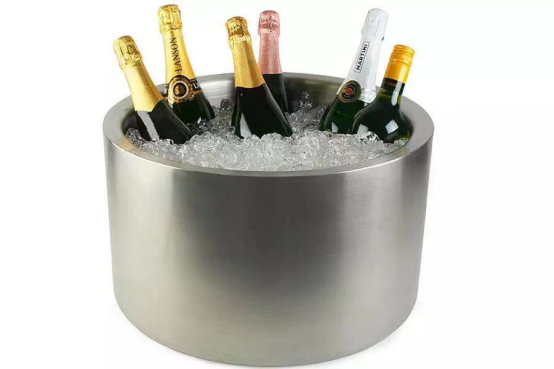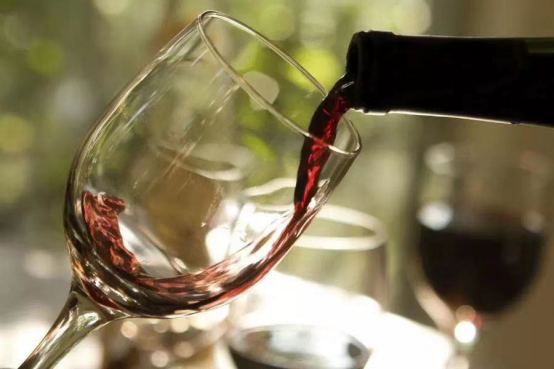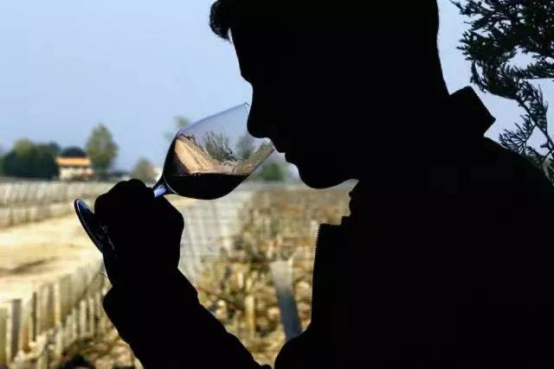We already know that the feeling of getting wine in the mouth is changing, but when we swallow or spit out the wine, the feeling in the mouth does not disappear immediately. Because there is still wine and its vapor in the mouth, throat and nose, there are still many feelings that continue to exist. It gradually decreases and finally disappears. This is the aftertaste.
In theory, all wines have a aftertaste, but some are long and complex, impressive, and some are short and short, disappointing. Then why is the length of the taste long and short? The wine master, Jancis Robinson, explains that some wines have a long aftertaste because some of the gums and flavor compounds in the residual liquor interact with each other even after drinking. So that some flavor substances remain in the mouth, these substances do not release volatilization so quickly, thus forming a longer aftertaste. By analogy, the aftertaste of some wines is short because the structure of the wine itself is relatively simple.
3.Is the aftertaste linked to the quality of the wine?
Yes, usually on the premise that the aftertaste is pleasant (the wine's flavor, alcohol, acidity, sweetness are balanced, the aftertaste has no tingling sensation of alcohol, it is not sweet to greasy, the tannin is not too bitter, etc.) The longer it lasts, the better the quality of the wine. If the aftertaste of a wine lasts for 20-30 seconds, the quality is considered good; the aftertaste is 45 seconds, indicating that the wine is very rich; and the quality of the wine can last for 1 minute or longer, which can be described as "The aftertaste is long." The excellent aftertaste adds a lot of fun and excitement to the wine tasting process.
Aftertaste is an important criterion for judging the quality of a wine, but it is not the only standard. The richness, complexity and balance of wine are all about good quality. Even the subjective feelings of people will affect the judgment of quality, so we need to look at this problem with a comprehensive perspective.
4.What are the factors that affect the aftertaste?

The factors that influence the aftertaste are very complicated. Grape varieties (some grape varieties have more tannins and complex wine flavors), origin (regional characteristics of different producing areas), vintages (higher maturity of wines in warm years), picking time (phenols affecting grapes) Substance maturity and sweetness), fermentation method (affecting wine aroma, alcohol, sweetness, etc.), ripening method (affecting the degree of oxidation of wine), blending ratio and bottling method (also affecting the degree of oxidation of wine), etc. Aspects will affect the taste and aftertaste of the wine. In addition, the storage conditions of the wine (the integrity of the wine), the temperature of the serving wine and the tasting glass (wake up) may also affect the rest of the taste. It can be seen that the excellent aftertaste is a sufficient condition for good wine, but it is not a necessary condition.


